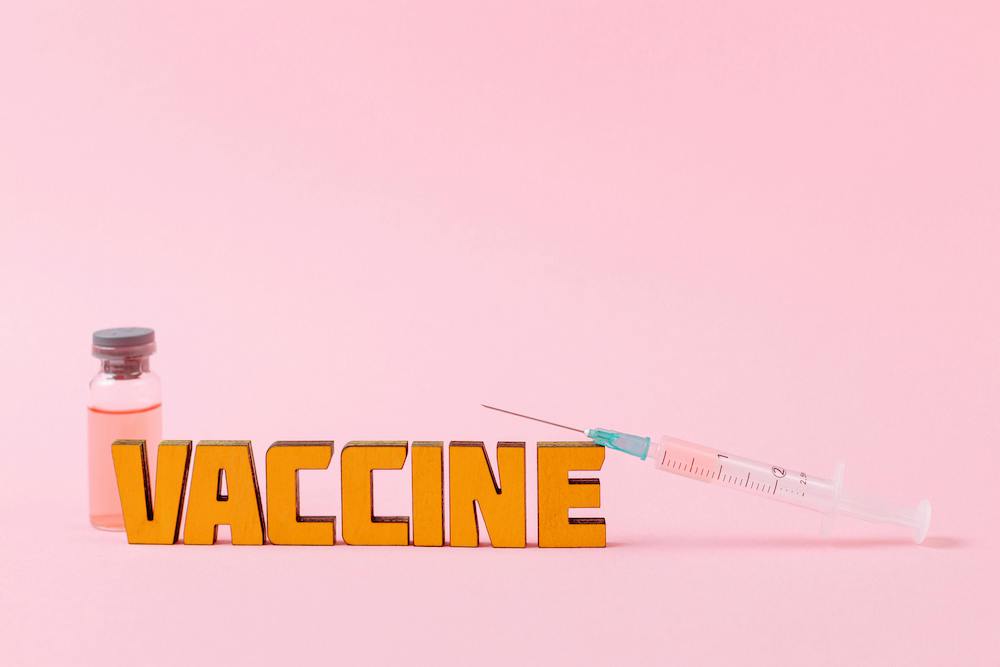
26 Aug Infant Immunizations in the First Year: What to Know
The typical side effects of vaccines are far less serious than the potential complications of the disease for which you are vaccinating.
Immunizations (vaccines) are an important part of your baby’s healthcare. Vaccines prevent illness from the infection of germs (certain bacteria and viruses). These diseases are often serious, even fatal, without the protection of vaccines. Vaccines not only protect those who get them but also prevent the spread of disease in the community when everyone follows the recommended vaccine schedule.
The month of August celebrates National Immunization Awareness Month by the Centers for Disease Control and Prevention (CDC). It’s a great time to get the basic facts about the core immunizations recommended for your baby’s first year of life.
It’s normal to feel nervous about bringing your baby for her first vaccinations. You may wonder about side effects or if your baby may have a bad reaction. Serious side effects or allergic reactions are rare. If your baby has allergies, be sure to inform his doctor. Most side effects of vaccines are minor and go away in a few days. These may include: soreness at the injection site, rash, lower grade fever, fatigue or loss of appetite.
The typical side effects of vaccines are far less serious than the potential complications of the disease. For comparison, Haemophilus Influenzae Type B (Hib) is a bacterial infection that can cause deafness and brain damage.
The vaccine schedule is designed with purpose and intention. Vaccines are scheduled when the immune protection the baby received from the mother is wearing off. Another consideration for timing is the readiness of the developing immune system of the baby, as well as the risk of infection from the community.
Check out the recommended childhood immunization schedule for kids aged 0 – 6 years here. You can give your baby the best protection from these diseases by following the recommended schedule. However, if your child needs a customized schedule due to age, health or living conditions, here is a great tool to identify what your child needs.
Your Baby’s 1st Year of Vaccinations
In the first year, there are about ten recommended vaccines. Most of which will be given between birth and 6 months. All of these vaccines are done in a series, meaning that multiple doses are needed over an extended period of time for maximum effectiveness and protection.
At birth, your baby will be offered the first vaccine in the hospital, which is Hepatitis B. This vaccine prevents liver damage and liver cancer caused by the virus.
The following vaccines will be offered during your baby’s 1st and 2nd month:
- Hepatitis B (2nd dose) (infection of the liver)
- DTap (Diphtheria, Tetanus and Pertussis) (serious respiratory illnesses)
- Hib (Haemophilus influenzae type b) (harmful bacteria than can cause brain damage)
- PCV (Pneumococcus) (harmful bacteria than causes serious lung disease)
- IPV (Polio) (can cause paralysis and death)
- Rotavirus (severe diarrhea that can lead to dehydration).²
The same schedule will repeat in your baby’s 4th and 6th month. In the 6th month, the Hepatitis series will be complete and your baby will be offered a flu and Covid vaccine instead. Vaccines for diseases like Chickenpox (Varicella), Hepatitis A, and MMR (Measles, Mumps and Rubella) will come later in year 2.
It’s important to do your best to keep your baby on the recommended vaccine schedule to have the best chance at protection from these diseases, as well as doing your part to protect the community at large. If your baby has fallen behind, don’t worry, months 7-11 are a great time to catch up!
REFERENCES:
- American College of Obstetricians and Gynecologists (ACOG). 2023. Childhood and adolescent immunization schedule. https://www.acog.org/programs/immunization-for-women/physician-tools/child-and-adolescent-immunization-schedule
- Centers for Disease Control (CDC). January 2022. Vaccines by disease. https://www.cdc.gov/vaccines/vpd/vaccines-diseases.html
- Photo by Thirdman: Covid Vaccine on Pink Surface. https://www.pexels.com/photo/covid-vaccine-on-pink-surface-5921721/



